KEY ISSUES
Due to a myriad of human activities, the health of our ocean is in crisis. Thankfully, because these problems are human-caused, we have the answers and knowledge to turn things around.
The Inland Ocean Coalition is building an inland movement that inspires individuals and communities from coast to coast to become stewards of our ocean. Find out more about our key focus areas below.
Ocean Protection
The Inland Ocean Coalition is working to address the serious threats facing our ocean—climate change, overfishing, widespread pollution, offshore oil development, the weakening of healthy fisheries legislation that has worked to rebuild and maintain sustainable fish stocks for decades, and attacks on our national marine monuments, sanctuaries, and other protected areas. We partner with a wide array of nonprofits, community groups, and governmental agencies to protect our ocean.
We work on federal policy and legislation, build relationships with policymakers, serve as a resource for ocean issues for inland constituencies, and facilitate education, outreach, and community building in the areas in which we operate. We meet with our legislative leaders at the state and federal levels and galvanize our supporters to address key ocean health issues.
Watershed Health
A watershed is an area of land that contains streams and rivers that all drain into a single body of water, such as a lake or the ocean. Watersheds can be big or small, but they all have high points like ridges or mountains that capture water, store it, and eventually release it downhill. Many of our actions impact watersheds, and as the rivers and streams flow downstream through communities, much of the pollution and contaminants that these rivers and streams are carrying wind up in our ocean.
Watershed health is a critical component of land-to-sea stewardship, and to protect our ocean we must protect our waterways. We work to address the impacts of agriculture on our watersheds, microplastics in our waterways, and host creek cleanups across the country. We facilitate community engagement through educational webinars and workshops, collaborative educational events, and in-classroom education, and advocate for watershed-friendly lawn and yard care practices, healthy personal care products, and support bans on toxic sunscreens in the US and internationally.
Plastic Prevention
Global reliance on disposable plastic is overwhelming our planet. The equivalent of one garbage truck worth of plastic enters the ocean every minute, and it is estimated that by 2050 the ocean will contain more plastic than fish by weight. Plastic is a growing crisis on par with climate change that risks "near permanent contamination" of our planet.
We combat plastic pollution through campaigns targeting single-use plastics, working collectively with coalitions and as part of larger movements to get to the root cause of plastic pollution, scientific studies that assess the extent of microplastics in our waterways, and legislative change at the state and federal levels.
We push for individual and corporate/industry change and are fighting back against the petrochemical buildout happening in the United States, which has seen petrochemical and fossil fuel companies invest close to $200 billion dollars since 2010 to build or expand over 330 plastic manufacturing facilities, which would put 40% more plastic in commerce this decade.
Climate Change
To protect our ocean we must protect our climate, and to protect our climate we must protect our ocean. Our ocean is one of the most powerful carbon sinks we have and restoring ecosystems one of the best ways we have for addressing the climate crisis.
We support legislation to address the climate crisis and advocate for including ocean protection as a key solution. Some of the measures we are working to pass include the Thirty by Thirty Resolution to Save Nature, the Ocean-Based Climate Solutions Act, and the Break Free From Plastic Pollution Act (did you know that by 2050 plastic production and disposal could account for 14% of the Earth's remaining carbon budget?) We also endorse the Ocean Climate Action Plan.
